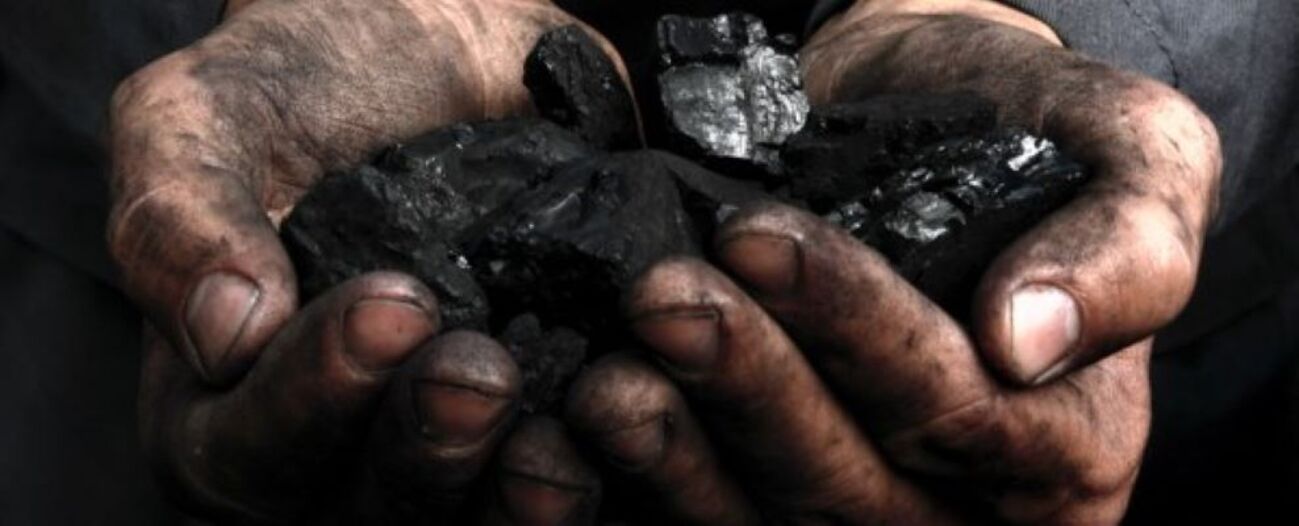Ten European countries agreed today to outline how they will limit export finance support for overseas fossil fuels projects this year. But they shelved a draft pledge to explicitly end it after Italy objected.
At last year’s United Nations Climate Change Conference (COP26), 20 countries, including Italy, the United States, and Germany, pledged to end public funding for overseas fossil fuels projects. The time limit was by the end of 2022.
A year later, next week, nearly 200 countries will gather in Egypt for COP27. In the meantime, global pressure grows for tougher action to combat climate change.
They would stop financing fossil fuel projects… if needed
Yesterday, ministers from ten European countries, including Germany, Italy, and France, met to discuss the implications of the pledge for their export credit agencies.
They said today that they would publicly report this year on how they were using the pledge to help domestic companies. It was about domestic companies selling goods and undertaking projects abroad, with “limited” exceptions.
According to a joint statement, this will provide ministers with a solid factual basis to decide on potential policy alignment.
Belgium, Denmark, Finland, the Netherlands, Spain, Sweden, and the United Kingdom are the other seven countries involved in the Export Finance for Future (E3F) initiative.
The statement was weaker than a previous draft that leaked to the media. It explicitly committed to ending new direct official trade and export finance support for coal, crude oil, natural gas, and unabated power generation.
The final statement said that the reporting would cover these activities, but that it is up to individual countries to specify which they would no longer support.
According to three sources, Italy requested the draft to specify clearly which fossil fuel activities would lose support and be removed.
Italy won. However, it is not the only one that has emphasized the importance of utilizing the flexibility provided by the agreements.
Balancing climate change and the need for fossil fuels
The dispute reflects European countries struggle to balance climate change commitments with their response to an energy crisis caused by Russia’s reduction in gas supply to Europe.
According to Nina Pusic, an export finance strategist at the non-profit Oil Change International, members of the initiative, including Italy and summit host Germany, used the energy crisis to soften their commitments.
A number of E3F members continue to fail to lead. She said that at best, they are going too slow, and at worst, they are breaking their commitments.
France and the United Kingdom have already implemented policies to end foreign support for fossil fuels. Others are developing such policies, including Germany, which has suggested that the energy crisis may necessitate the development of new offshore gas fields. Countries agreed in the statement that the energy crisis does not change their commitment to the fossil fuels finance pledge.

